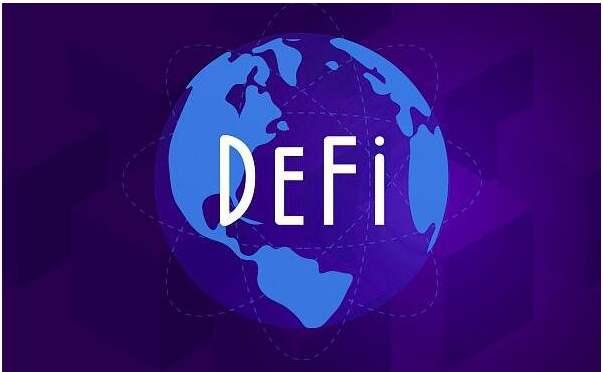Curve Rival? Analyzing the Features of Stablecoin Exchange Protocol Smoothy 2.0
*This article was published on DeFi Dao, author: * Smoothy.finance, compiled by: Xiyu.
Based on market demand and user feedback from the previous round of testing, Smoothy has officially launched version 2.0 after several months of development. The new version will provide a single currency pool that can accommodate more than 20 different stablecoins (in contrast, Curve can support up to 4 stablecoins in one pool). Smoothy has further reduced GAS fees through algorithm optimization, and now, this fee accounts for only about 10% of the gas fee of yPool on Curve.
Currently, Smoothy 2.0 has completed testing and auditing. The earliest mining activity will start at 2 AM UTC on March 9. By then, users will be able to enjoy the benefits of Smoothy, such as a single pool, low gas fees, low latency, and high LP rewards.
Review of Smoothy.finance
Smoothy is an innovative stablecoin exchange protocol that can support more than 20 stablecoins in one pool, featuring low-cost, low-slippage exchanges and maximizing interest earnings for LPs.
Features of Smoothy:
Significantly reduced gas fees through algorithm optimization
After algorithm optimization, the gas fees required for stablecoin exchanges on Smoothy have been reduced by 90% compared to Curve's yPool and mStable, even when deployed on Ethereum. There is no need to use Layer 2 to reduce gas fees while ensuring composability.

Single pool supports multiple stablecoins with better liquidity
In contrast, Curve supports a maximum of 4 stablecoins in one pool, while Smoothy can support more stablecoins in a single pool and can flexibly add/remove any tokens. Theoretically, Smoothy can accommodate hundreds of different types of stablecoins (even algorithmic stablecoins) in one pool. This means Smoothy will not suffer from the fragmented liquidity issues of multiple pools, thus achieving better liquidity.

Highest LP rewards
Referring to the bank's reserve system, we designed a unique dynamic cash reserve algorithm that dynamically allocates most of the funds to potential interest-earning platforms, while the rest can meet daily exchange needs. In other words, in addition to governance token earnings, liquidity providers can also earn exchange fees, interest income, and lower gas fees.


Zero-slippage exchange algorithm
Smoothy has developed the SmoothSwap algorithm, which can guarantee a 1:1 exchange rate in most cases if the percentage of tokens in the pool is below the soft weight. If not, swaps can still be conducted by charging a penalty as a delay.

Comparison between Smoothy and other protocols (taking Ethereum as an example):

About SMTY
SMTY is the governance token of Smoothy:
- Used for adding new stablecoins (or coins supported by the same asset) and increasing the weight of stablecoins (or coins supported by the same asset) as collateral.
- Governance voting on exchange fees (charged by LPs, initially set at 0.04%) and withdrawal fees (repurchasing SMTY, initially set at 0.04%).
- Incentivizing the enhancement of asset liquidity through liquidity mining.
- Others.
Initial Mining and Airdrop for Early Supporters
Currently, Smoothy has been deployed on Ethereum. This is just the beginning, and it will gradually be deployed on other public chains such as Fantom, BSC, Heco, etc.
The first round of mining will start at 2 AM UTC on March 9 and will last for about 21 days. During this time, users can experience all the product features of Smoothy.
Additionally, all addresses that interact with the Smoothy contract in some way will have the opportunity to receive an airdrop.
LPs providing liquidity to Smoothy will earn exchange fees, penalty fees (when exchanging outside the soft range), and interest (currently, only stablecoin pairs interested in yToken can generate interest after accumulating >= 10 million liquidity).
50% of SMTY will be used for community incentives, including liquidity mining, with 0.5-1% allocated for the initial mining activities. Rewards will be distributed after the public sale; please refer to future announcements for details.
Contract Audit
The contract security audit has been conducted by Peckshield (Audit Report). Meanwhile, we invite more auditing firms to conduct additional audits to ensure the project's security.












